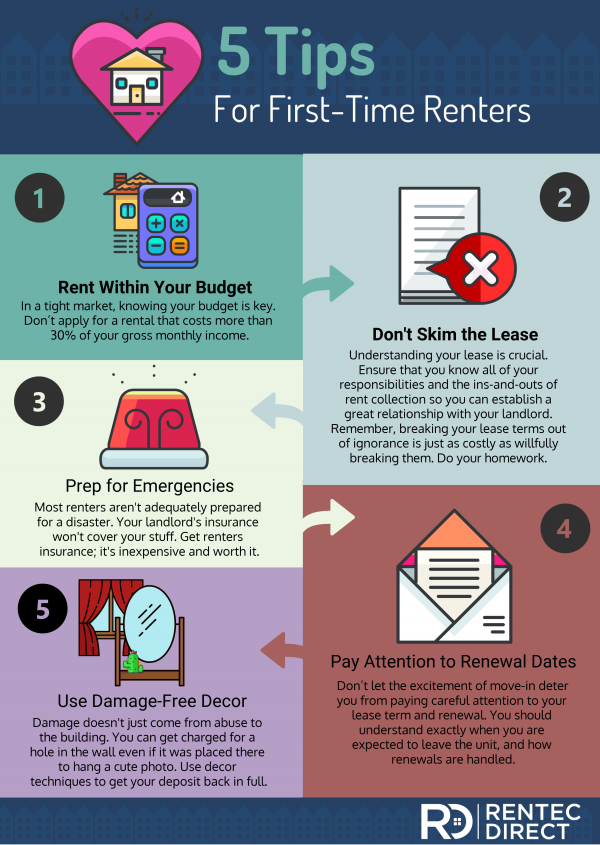Unlock the secrets to property management success with these 5 expert tips that every new property manager needs to know!

Image courtesy of George Becker via Pexels
Table of Contents
- Introduction to Property Management
- Understanding Your Responsibilities
- Building Relationships with Tenants
- Managing Property Finances
- Organizing Maintenance and Repairs
- Staying Legal and Safe
- Adapting to Challenges
- Using Technology
- Learning and Improving
- Conclusion: Becoming Super at Managing Property
- FAQs About Property Management
Introduction to Property Management
Are you curious about what it takes to be a great property manager and handle houses and apartments that people rent? Well, you’ve come to the right place! In this guide, we’ll explore some essential tips and guidance to help you succeed in the world of property management.
Being a property manager means taking care of rental properties and making sure everything runs smoothly for the tenants. It involves being responsible, organized, and helpful to ensure that the renters have a safe and comfortable living environment.
Throughout this blog post, we will discuss valuable advice on property management, share tips for property managers, and provide insights into successful property management practices. By the end of this guide, you’ll have a better understanding of what it takes to excel in this important role.
Understanding Your Responsibilities
Being a property manager means you have important tasks to make sure rental homes are well taken care of. Let’s explore what these responsibilities involve.
Caring for the Property
It’s crucial to keep the rented place in good condition so that the tenants feel comfortable and happy living there. This includes fixing any issues that may arise promptly.
Helping Your Tenants
As a property manager, it’s essential to be available to address any concerns or questions the renters may have. Being responsive and supportive can help build a positive relationship with your tenants.
Building Relationships with Tenants
When you’re a property manager, it’s not just about taking care of the rental property; it’s also about building strong relationships with the people who live there. Here are some tips to help you cultivate positive interactions with your tenants:
Image courtesy of via Google Images
Good Communication
Communication is key to any successful relationship, including the one you have with your tenants. Make sure to listen to their concerns and respond promptly to any questions or issues they may have. Clear and open communication can help build trust and foster a positive atmosphere in your rental property.
Tenant Respect
Respecting your tenants is essential for maintaining a harmonious relationship. Always treat them with kindness and empathy, understanding that everyone has different needs and preferences. Additionally, respecting their privacy and boundaries is crucial to creating a comfortable living environment for them.
Managing Property Finances
When you’re a property manager, it’s important to take good care of the money stuff, like rent and repairs. Here are some tips on how to manage property finances to ensure everything runs smoothly:
Collecting Rent On Time
One of the most crucial aspects of managing property finances is ensuring that rent is collected promptly. Set up an easy and convenient way for tenants to pay their rent on time, whether it’s through online platforms, direct deposit, or other methods. Clear communication about rent due dates and payment methods can help avoid any misunderstandings.
Planning for Repairs
It’s essential to set aside funds for repairs and maintenance of the rental property. Create a budget for anticipated repairs and unexpected maintenance issues that may arise. By planning ahead and allocating resources for repairs, you can ensure that the property remains in good condition and that any issues are addressed promptly.
Organizing Maintenance and Repairs
Keeping the rental place in great shape is super important for property managers. Making sure everything is well-maintained not only keeps tenants happy but also preserves the value of the property. Here are some tips for organizing maintenance and repairs.

Image courtesy of via Google Images
Regular Check-ups
Schedule times to check things in the house or apartment are working right. Regular inspections can help spot any potential issues before they become big problems. This way, you can address maintenance needs promptly, keeping the property in top condition.
Fixing Things Quickly
When something’s broken, sort it out fast. Responding promptly to repair requests shows tenants that you care about their comfort and well-being. Whether it’s a leaky faucet or a malfunctioning appliance, swift action can prevent minor issues from escalating into costly repairs.
Staying Legal and Safe
As a property manager, it’s crucial to understand and follow the rules and regulations that govern rental properties. These laws are in place to protect both tenants and property managers, ensuring that everyone’s rights are respected. By familiarizing yourself with housing laws, you can ensure that you are operating within legal boundaries and providing a safe and secure living environment for your tenants.
Keeping the Property Safe
Creating a safe environment for your tenants should be a top priority as a property manager. Regularly inspect the property for any safety hazards and take prompt action to address them. Make sure that all safety equipment, such as smoke detectors and fire extinguishers, are in good working condition. By maintaining a safe property, you not only protect your tenants but also reduce the risk of any legal liabilities that may arise from unsafe conditions.
| Tips | Description |
|---|---|
| 1 | Build strong relationships with tenants |
| 2 | Stay organized with documentation and records |
| 3 | Regularly inspect properties for maintenance |
| 4 | Communicate clearly and effectively with property owners |
| 5 | Keep up-to-date with local rental laws and regulations |
Adapting to Challenges
Sometimes things can get tough when you’re managing rental properties. However, with some smart strategies, you can handle any challenges that come your way. Let’s take a look at a couple of common difficulties property managers might face and how to overcome them.

Image courtesy of via Google Images
Handling Emergencies
Emergencies can happen at any time, and as a property manager, you need to be prepared to take quick action. Whether it’s a burst pipe, a power outage, or a security issue, knowing what to do can make a big difference. It’s essential to have a list of emergency contacts ready, like plumbers, electricians, and security services. Make sure your tenants know how to reach you in case of an emergency and have clear protocols in place for dealing with urgent situations.
Dealing with Difficult Tenants
Sometimes you might come across tenants who are a bit challenging to work with. They could be constantly late with their rent, causing disturbances, or violating the lease agreement. In these situations, it’s crucial to stay calm and professional. Communication is key – try to have a friendly but firm conversation with the tenant to address the issue. If the problem persists, you may need to follow the necessary legal steps outlined in the lease agreement or seek mediation services to resolve conflicts amicably.
Using Technology
Cool tech stuff can make your job as a property manager easier. From keeping track of important tasks to facilitating payments, technology can streamline your workflow and enhance the renting experience for both you and your tenants.
Property Management Software
property management software is like your personal assistant, helping you stay organized and efficient. These computer programs can track rental payments, schedule maintenance tasks, and even generate financial reports. By using property management software, you can save time and reduce the chances of overlooking important responsibilities.
Online Rent Payments
Gone are the days of collecting rent checks in person. With online rent payment options, tenants can easily transfer their rent directly to you through secure online platforms. This not only simplifies the payment process for tenants but also ensures that you receive payments promptly and consistently. Setting up online rent payments is a convenient and modern solution that benefits both you and your tenants.
Learning and Improving
Being a property manager is a big responsibility, but there are always ways to get even better at it. Here are some tips on how to keep learning and improving in your role:

Image courtesy of via Google Images
Continuing Education
One of the best ways to become a successful property manager is to keep on learning. You can attend workshops, take online courses, or read books about property management. The more you know, the better you’ll be at taking care of rental properties and dealing with any challenges that come your way.
Gathering Feedback
Feedback from your tenants is valuable in helping you understand what you’re doing right and where you can make improvements. Ask your renters for their thoughts on how you can make their living experience even better. This shows that you care about their feedback and are committed to providing a positive rental experience.
Conclusion: Becoming Super at Managing Property
Managing rental properties can be a rewarding and fulfilling job. By following the tips we have discussed, you can become an amazing property manager. Remember, it’s essential to care for the property, build strong relationships with tenants, manage finances effectively, organize maintenance and repairs, stay legal and safe, adapt to challenges, utilize technology, and continuously learn and improve.
By focusing on these key areas, you can ensure that both the property and the tenants are well taken care of. Being a successful property manager requires patience, good communication skills, and a willingness to learn and adapt to different situations.
So, keep in mind the valuable advice we’ve shared throughout this article, and with dedication and hard work, you can become super at managing property and providing a comfortable and safe living environment for your tenants.
FAQs About Property Management
How often should I visit the property?
As a property manager, it’s essential to visit the rental property regularly. Visiting the property allows you to check for any maintenance issues, ensure everything is in working order, and address any concerns the tenants may have. Most property managers typically schedule visits at least once a month, but it ultimately depends on the specific needs of the property and the tenants.
What should I do if the rent is late?
If a tenant’s rent is late, it’s crucial to have clear policies and procedures in place to address the situation promptly. Start by contacting the tenant to remind them of the missed payment and inquire about the reason for the delay. Depending on the lease agreement, you may need to send a formal notice or initiate the eviction process if the rent remains unpaid. It’s essential to communicate openly and professionally with the tenant while following legal guidelines to resolve the issue effectively.
Idaho Poperty Management
